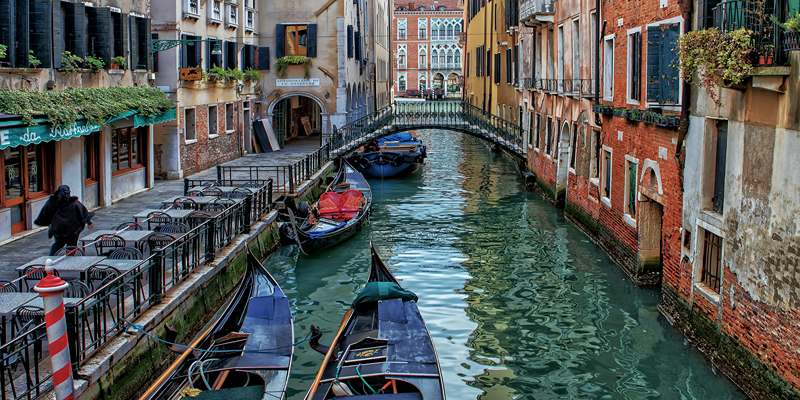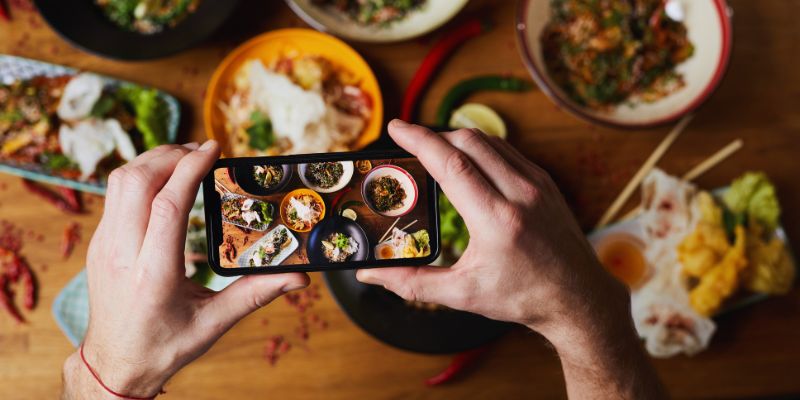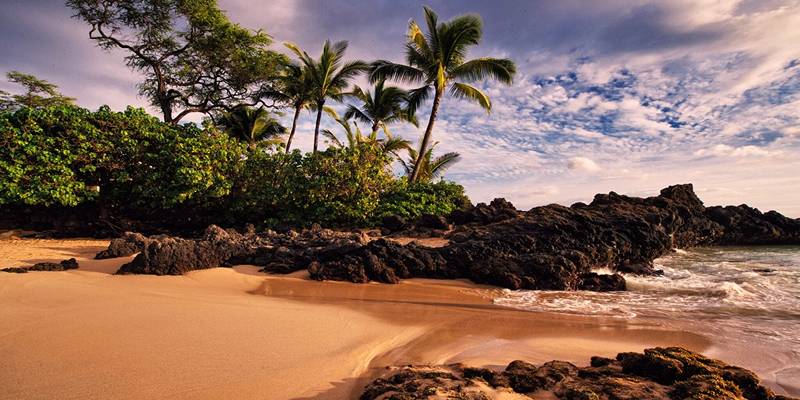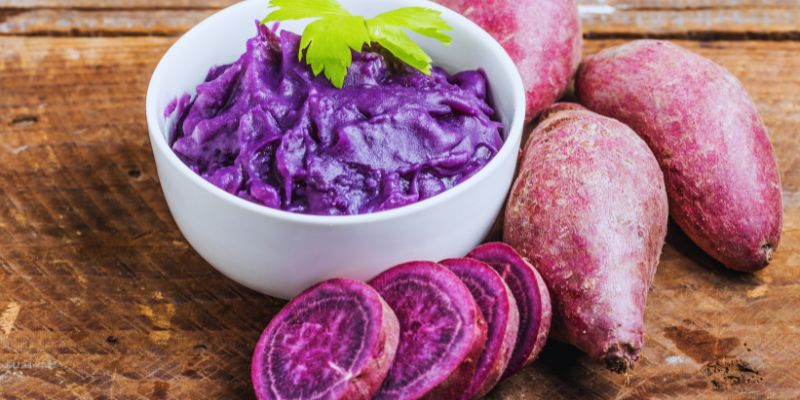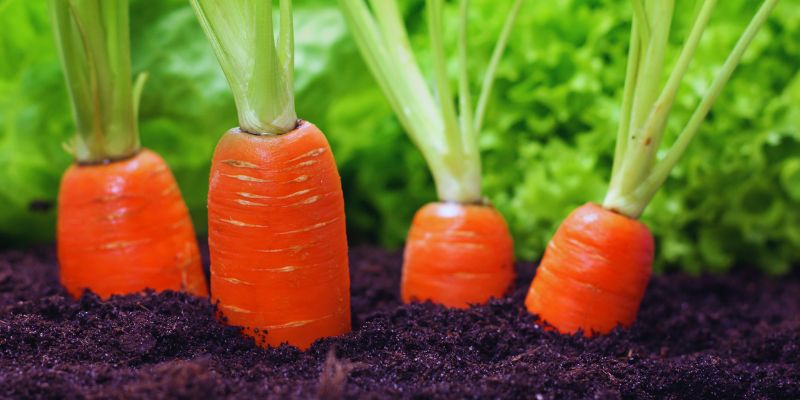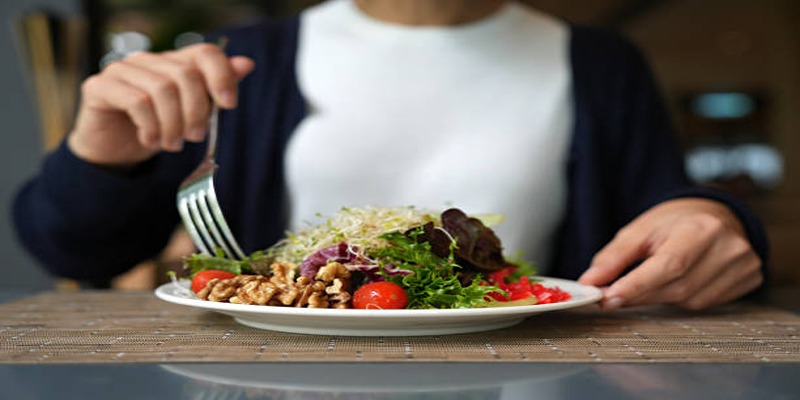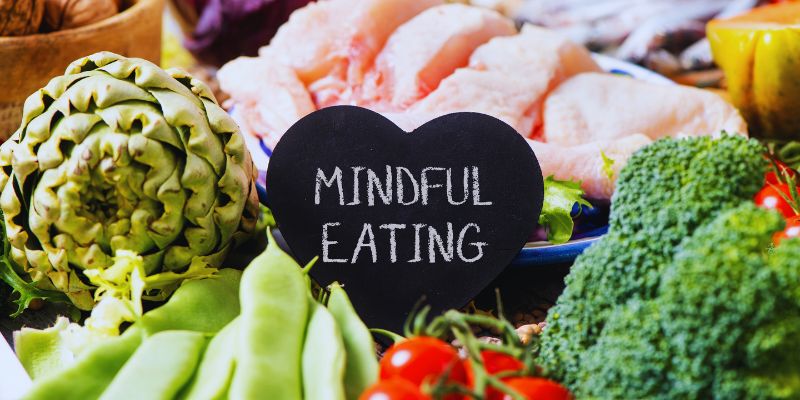There is no better opportunity than fishing with the Kuna in Panama’s Darién jungle to feel closer to both the people and the environment. For a long time, the Kuna have been fishing using piragua canoes to move around rivers and mangroves. Because of this, people can discover how Kuna people fish sustainably and interact with the local culture at the same time. Being in the Darién jungle means seeing an impressive variety of plants and animals and lovely pure rivers. Anyone eager for indigenous travel in Panama should consider a piragua fishing trip that lets them respect Panama’s traditions and culture.
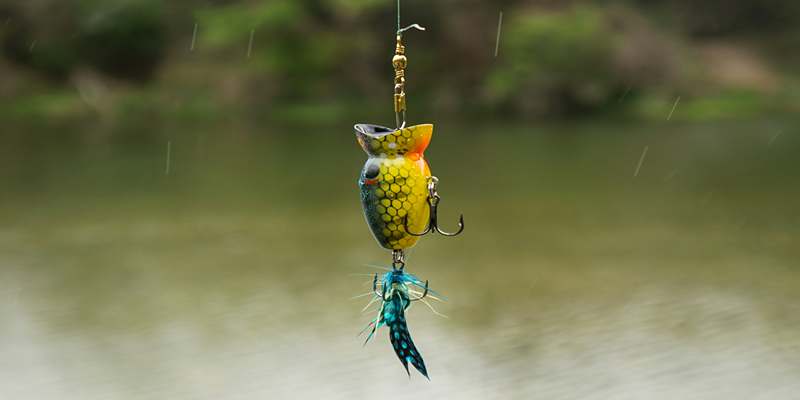
Understanding Kuna Fishing Darién Traditions
History and Culture of Kuna Fishing Practices
Over many centuries, the Kuna have fished in the Darién jungle and transferred their skills from one generation to another. Besides preserving lives, fishing strongly shapes cultures and is important in the ceremony of sharing knowledge. Because they know the local environment well, they apply methods that help maintain the environment and respect nature. Most of the time, Kuna fishermen fish as a family or group, a sign of their values for harmony and care for nature. This heritage enhances exploring fishing in Kuna, because visitors understand fishing’s role in Kuna society and the important link people have with nature.
The Role of Piraguas in Kuna Fishing
For moving on Darién’s rivers and coastal areas, indigenous people rely on dugout canoes called piraguas. The small and lightweight boats let fishermen quietly move across the waters so they do not scare the fish away. The use of age-old processes and equipment makes each piragua sturdy and steerable. Besides serving them in fishing, the Kuna consider piraguas as objects that represent their bond with water and the environment. The fact that these boats are built using local skills to manage the jungle weather makes fishing in Panama’s Darién a genuine and close experience.
Sustainable Fishing and Environmental Respect
Kuna people place great importance on sustainable fishing because they deeply care for the environment. They choose ways of fishing that help to safeguard breeding fish and avoid overfishing. Trying to preserve fish stocks for the future, fishermen catch only what they will eat. The approach is based on old ecological understanding that combines watching nature with cultural customs. Those taking part in Kuna fishing trips get to see how sustainability is important in their daily activities. The fact that human needs and the health of the ecosystem are kept in balance makes sure the Darién jungle remains lively and acts as a home for wildlife and local people.
Experiencing Piragua Fishing Panama Style
Preparing for a Fishing Trip with the Kuna
Before embarking on a piragua fishing trip, visitors should prepare by learning about local customs and safety practices. Essential gear includes lightweight, quick-drying clothing, insect repellent, sun protection, and waterproof bags for belongings. Respect for the community’s traditions is vital, so travelers should approach with an open mind and willingness to learn. Guides typically brief visitors on how to behave on the water, including maintaining silence and patience to increase fishing success. Understanding these preparations helps ensure a smooth, respectful, and enriching experience for both visitors and the Kuna hosts.
The Fishing Process on the Water
A typical piragua fishing trip begins with launching the canoe into calm river waters. Kuna fishermen use hand lines, spears, or small nets depending on the fish species targeted. They rely on intimate knowledge of fish behavior and river currents to position the piragua silently. Fishing is often a quiet, contemplative activity, requiring patience and skill. As visitors observe or participate, they gain insight into the techniques honed over generations. This hands-on experience deepens appreciation for the complexity of traditional fishing and the jungle environment that supports it, creating lasting memories beyond a typical tourist outing.
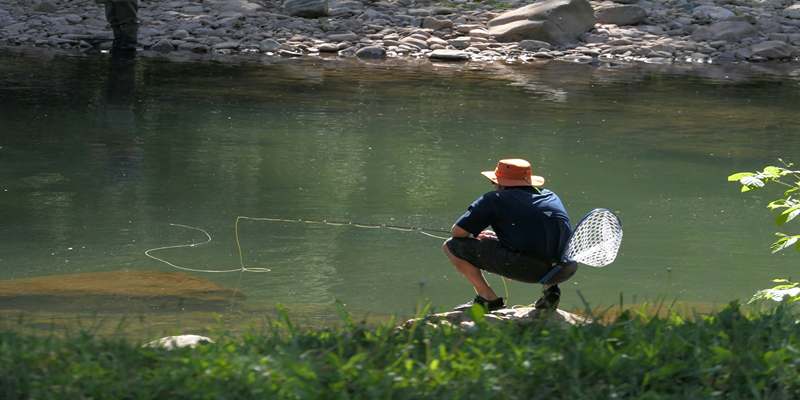
Interacting with Indigenous Panama Travel Culture
Fishing with the Kuna offers more than just a chance to catch fish—it opens a door to indigenous Panama travel culture. Visitors engage directly with fishermen, hearing stories about daily life, traditions, and the jungle’s spiritual significance. Language and customs are shared warmly, fostering cross-cultural understanding. These exchanges enrich the trip by connecting travelers to the people behind the practices, moving beyond sightseeing to genuine interaction. This respectful engagement helps preserve Kuna culture by valuing their knowledge and traditions while offering visitors a unique, meaningful travel experience in Panama’s Darién jungle.
Exploring Darién Jungle and Indigenous Panama Travel
The Biodiversity of the Darién Region
The Darién jungle is one of Panama’s richest ecological zones, with lush forests, winding rivers, and diverse wildlife. Its waterways teem with fish species critical to Kuna fishing, including snook, tarpon, and catfish. The dense jungle shelters birds, reptiles, and mammals, making the region a biodiversity hotspot. This environment shapes the Kuna’s way of life and their fishing traditions. Exploring the jungle alongside fishing activities allows visitors to witness the interdependence between the community and their natural surroundings. The abundant flora and fauna highlight why sustainable practices are vital for preserving this ecological treasure.
Other Indigenous Experiences in Panama’s Darién
Beyond fishing, the Darién offers many indigenous experiences showcasing Kuna and other local cultures. Travelers can explore traditional crafts, participate in cultural ceremonies, and hike through the jungle guided by native experts. These activities deepen understanding of indigenous lifestyles, beliefs, and conservation efforts. Many tours emphasize responsible tourism, ensuring that visits support community development while respecting cultural heritage.
Tips for Responsible and Respectful Travel
Responsible travel in Darién requires respecting local customs and environmental sensitivity. Visitors should seek permission before photographing people, avoid disturbing wildlife, and support locally owned businesses. Minimizing waste and following guidelines for sustainable tourism helps protect the fragile jungle ecosystem. Engaging with indigenous hosts respectfully fosters positive relationships and cultural exchange. Being mindful of language barriers and demonstrating curiosity rather than judgment enhances the experience.
Conclusion
Fishing with the Kuna in Panama’s Darién jungle is a rare and enriching way to experience indigenous culture firsthand. Through traditional piragua fishing, visitors connect with nature and age-old practices rooted in sustainability and respect. This journey offers more than adventure—it fosters cross-cultural understanding and appreciation for the biodiversity and heritage of the region. For travelers seeking authentic indigenous Panama travel, joining a Kuna fishing expedition in the Darién is an unforgettable opportunity. It highlights the importance of preserving both cultural traditions and natural environments for future generations to enjoy.


